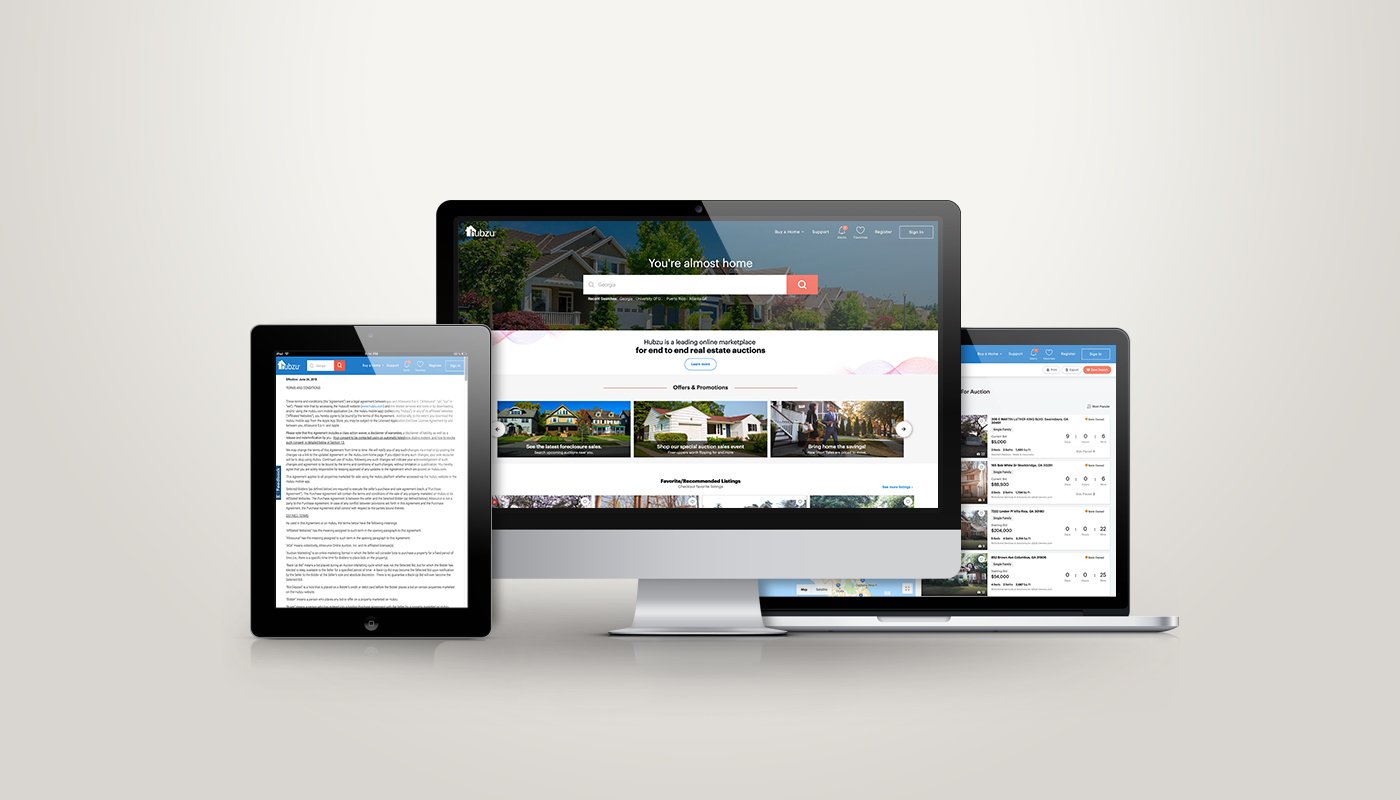COVID-19’s effects on the real estate market are being felt by everyone from renters to seasoned investors. And to ensure you make the right moves, investors need to stay on top of the latest news regarding COVID-19’s impact on real estate. Here’s what has been happening in July.
Mass departure from dense urban environments
Pre-COVID-19, living in the city gave you direct access to community features like cafes, restaurants, gyms, bars and other amenities that justified the price (and lack of living space). But now that many businesses have stopped operations or begun operating at half-capacity, the aspects that made these areas attractive have been impacted. People are, for the most part, now confined to their living space.
This has motivated many urban residents to look outside the city for a place to call home, so they can have more space and have an easier time adhering to social distancing guidelines. New York City is a good example, where thousands of residents left the city for nearby suburbs. For investors, this shift should give indication that suburban areas might be a smart investment move for the time being.
Single family rentals growing in popularity
In the search for added room and affordability, single family rentals have grown in popularity according to Forbes. With the economic impact stemming from this once in a lifetime pandemic, more-and-more families are evaluating what they spend on rent and how much space that gets them, making single family rentals more attractive. As the effects of COVID-19 are felt for years to come, single family rentals outside of the city may be considered a healthy investment for investors.
More Americans returning to work
The June employment report was positive as the US economy saw an increase of 4.8 million jobs and the unemployment rate fell to 11%. As more Americans get back to work, consumer confidence will likely increase, and buyers should return to levels pre-COVID-19.
Interest rates still sliding down
The average 30-year fixed-refinance rate is currently around 3.25%, compared to a rate of 3.38% just a month ago. The current rate indicates that now may be a good time to finance a new property using a mortgage.
While COVID-19 is still affecting the housing market and real estate, investors can navigate this new scenario by paying close attention to shifting market demands and current interest rates. For more information regarding the housing market, as well as the ability to browse, bid and close on properties online, visit Hubzu.
And for additional resources to help you navigate the real estate market, visit our COVID-19 resource hub by clicking here.






